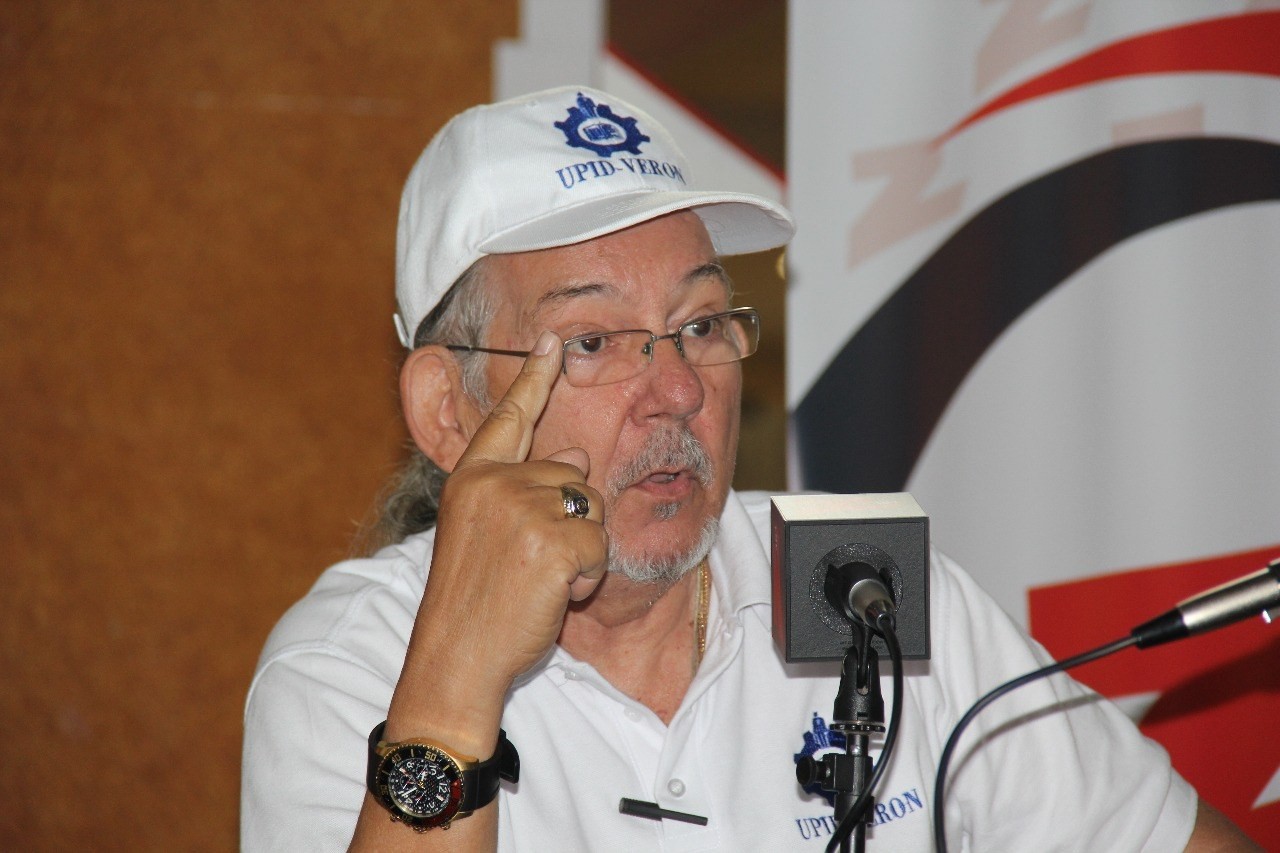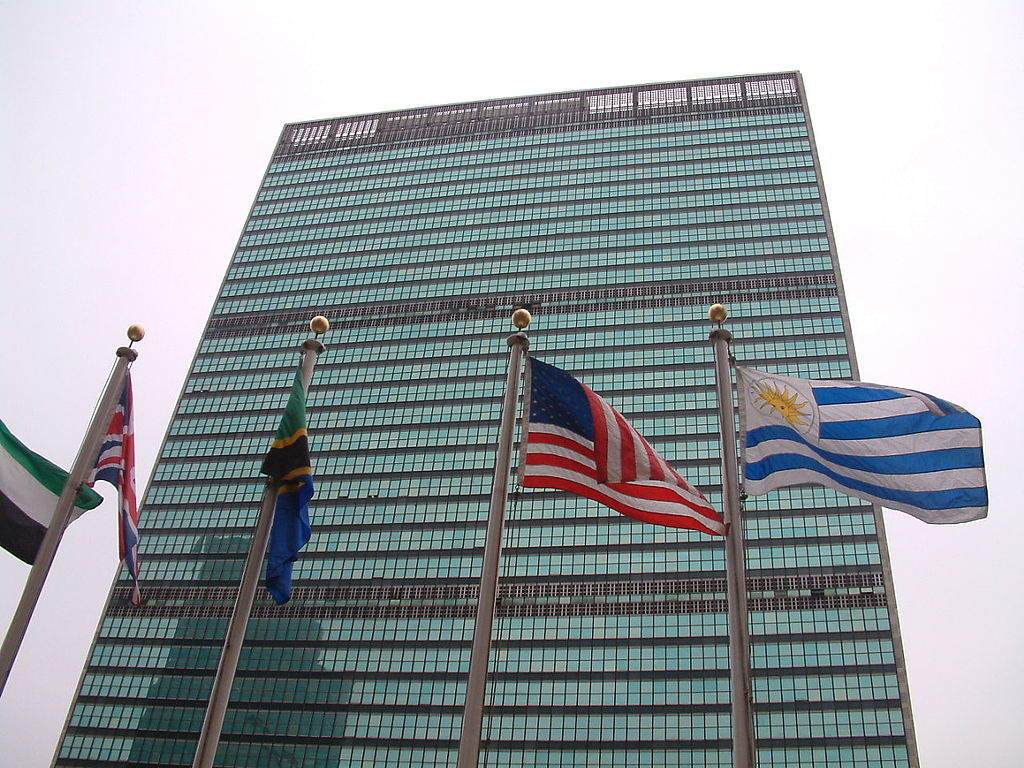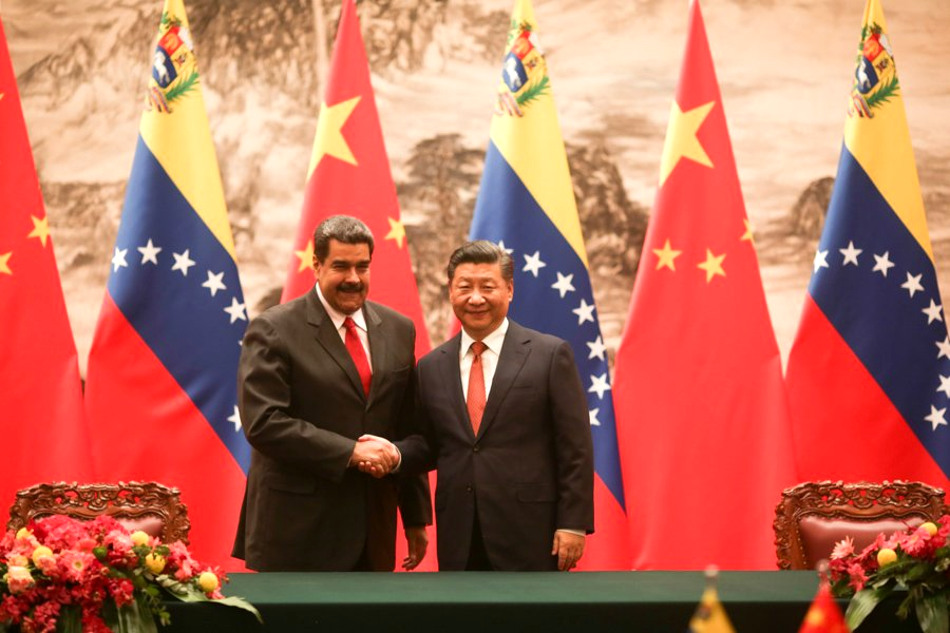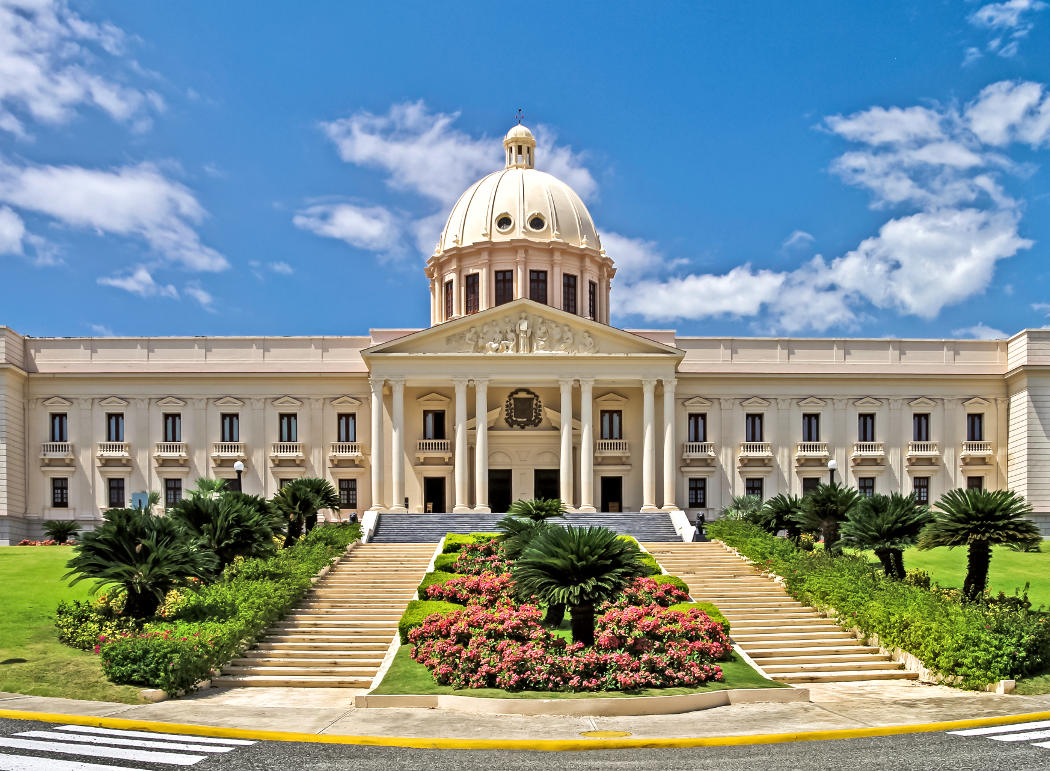SANTO DOMINGO, Dominican Republic (ViaNews) – Foreign investment is welcomed everywhere, and the Dominican Republic is no exception. The government, businesses, and Dominicans, in general, are happy when foreign investment hits their shores because that usually increases jobs creation and more opportunities to do business.
According to CELADE (Centro Latinoamericano de Demografía), the Latin American Demographics Center), “between 1950 and 1990 the Dominican population has tripled.” Today, the Dominican Republic has a little over 10 million inhabitants.
In the Dominican Republic, the rapid population growth might have been quicker than the economic growth, which created some undesired results such as:
- A population Influx into the cities in search of jobs, which, when not available, turned into informal street selling jobs or borderline crime activities such as picking pockets or bag snatching, etc.
- A decrease in the quality of education which wasn’t very high anyway.
- Crime increase such as robbery, drug dealing, and prostitution.
Such discrepancies in population and economic growth made it more difficult to create wealth in the country.
Important Waves of Foreign Investment in the Dominican Republic
In the Dominican Republic, there have been several waves of foreign investment. In the 1970s, there were the Industrial Free Zones (some 70 were organized). Over the last fifteen years, investment in mining activities has been strong. Equally big was the investment in the Tourism industry over the last thirty years, which has played a significant role in the country’s economy.
Difficulty of the people coming to work in the Dominican Republic
With investment going into tourism and the high growth rate of the industry, a big influx of people from other countries coming to work and live in the Dominican Republic (Expatriates) also grew. They were needed to face the demand of the tourism industry, especially employees of large hotel chains in the mid to higher management levels.
Many foreign employers sometimes avoid hiring of “expats” simply because costs could get higher in terms of adequate living arrangements, especially because expats travel with their families which included paying for lodging, schools, entertainment, etc.
Foreign investors prefer to employ adequately trained local employees. In my experience, when I began to work with a big international company there were six expats and two local managers, eight years later when I left, there were two expats left and the rest were locals.
Altagracia Province in the Eastern Dominican Republic has become the main tourism venue in the country, forcing many high schoolers, bachelor graduates to travel to other parts of the country to pursue college studies.
The communities of Verón, Bávaro and Punta Cana, the ones nearest to the hotels going up the eastern coast of the island (nearly 60 five star hotels in the area, according to a business publication) are in the communities of Verón, Bávaro and Punta Cana, with its airport with the greatest traffic in the Caribbean region.
The arrival of higher education
During the last five years, several higher education and technical institutions have set up their facilities in the Altagracia region: INFOTEP (the government technical and vocational training institution), UNIBE (top-quality higher education institution) and UPID (moderate pricing but high-quality management oriented college). Taking into account that around sixty percent of the employees of the hotels in the area are high schools graduates, higher education has an enormous potential market in need of academic know-how.
Interview with Dr. Ricardo Winter
Dr. Winter was a long time tenured university professor at the Dominican National University (Uasd) until his retirement.
He’s President (Rector) of UPID, the Universidad Psicología Industrial Dominicana (Dominican Industrial Psychology University), whose main campus is in the city of Santo Domingo.
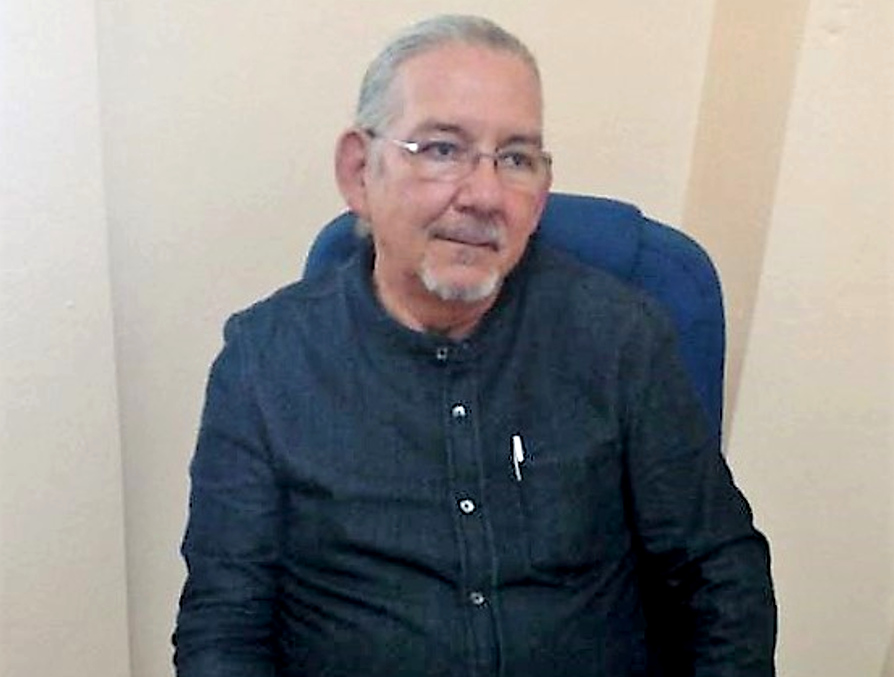
Mr winter is a man of high ideals, he’s dedicated to raising the quality of his country’s education system. Dr. Winter presides over a large group of highly dedicated professionals on a mission to bring quality higher education to the region, where tourism has laid the groundwork of becoming the main industry and attraction of the Dominican Republic.
Ricardo Winter explained to Via News that “from 1973 until 1996 I organized a management consulting company specialized in human resource issues. This later became the famous UPID University, following the recommendation of the Minister of Higher Education at the time, Altagracia Bautista. That recommendation was following the high quality of management training demonstrated by my company.
Joaquin Salazar: Can you explain what happened next that made this academic project a reality?
Ricardo Winter: I decided to organize an extension of the university in Verón at the request of a group of local citizens headed by Mr. Jaime Gonzalez, local community leader. This group called on several of the important universities of Santo Domingo. All universities considered the ideas for a while but decided not to go through with it due to the high costs of building or renting a facility and obtaining the adequate teaching resources in the new area.
What did you do next?
With the help of a Venezuelan foundation and the Ministry of Higher Education, four years ago I decided to announce our arrival, with the entire Santo Domingo organization we had implemented, which included a first grade and high school which has now been functioning over the last four years.
We have had a great success in our efforts and the university now has approximately two hundred students and growing and we are offering the usual college curricula, including human resources, accounting, marketing, and have included the organization of tourism which has been in high demand in the area.
How do you go about revitalizing the teaching of Tourism related subjects?
Our efforts are directed toward creating students that will become an important “human capital” in the organization they will serve. That will be an added incentive for the hotel and hospitality industry in hiring them. We must also point out that a large majority of our students are already employed so they are putting to practice the knowledge that UPID provides.
We have created teaching schedules that join up and overlap with the work schedules of our students, including night and weekend classes, also special individual tutoring.




